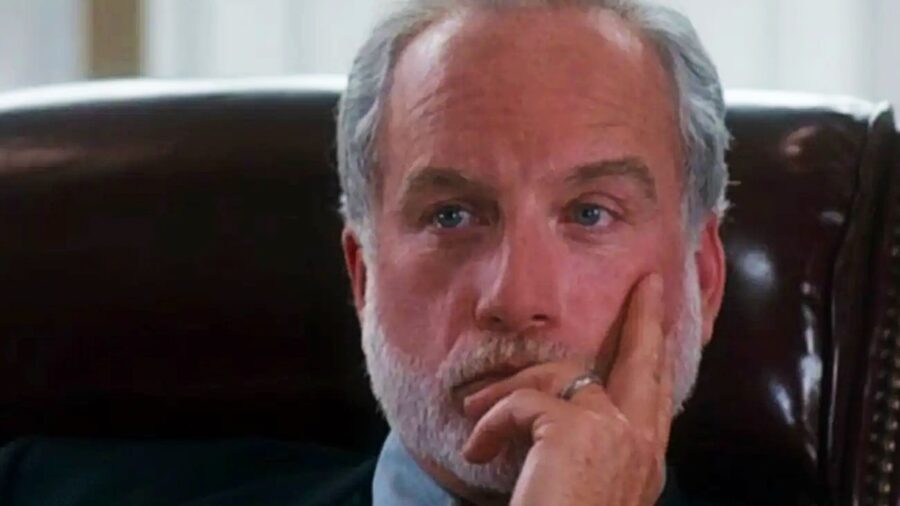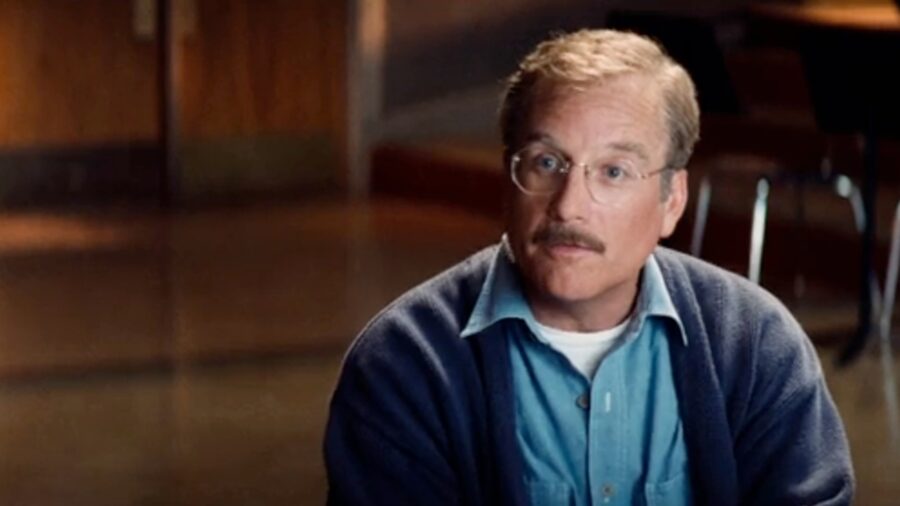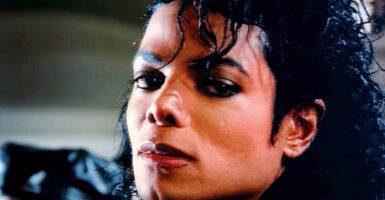Richard Dreyfuss Faces Growing Backlash Over Controversial Diversity Comments
Richard Dreyfuss is receiving backlash after saying that new Academy diversity protocols make him "want to vomit."

The Oscars have faced many different kinds of criticism over the years from some of Hollywood’s most notable figures. Now, it seems like one Hollywood legend has taken ire with a recent change in the Oscar’s eligibility standards. According to a Deadline article, actor Richard Dreyfuss has come out against the new diversity standards in Hollywood.
During an interview on PBS’ Firing Line, Richard Dreyfuss stated “They make me vomit,” referencing the changes to new diversity requirements being instated by the Academy of Motion Picture Arts and Sciences. Dreyfuss continued: “No one should be telling me as an artist that I have to give in to the latest, most current idea of what morality is.” The Jaws actor also said that he doesn’t “think there’s a minority or a majority in the country that has to be catered to like that.”
Later in the interview, Richard Dreyfuss made the questionable choice of praising Laurence Oliver’s blackface performance of Othello before asking, “Am I being told that I will never have a chance to play a Black man?” He also called viewers “fragile” and the changes “patronizing,” voicing his opinions on the matter loud and clear.
Richard Dreyfuss’s comments come after a new rule set by the Academy of Motion Picture Arts and Sciences that will take effect in 2024. The rule requires that films adhere to a new standard for inclusion in order to be eligible for the Academy Awards for Best Picture. According to Firing Line host Margaret Hoover, films will now have to include a certain percentage of actors and crew from under-represented racial or ethnic groups.
Richard Dreyfuss has been a staple in the film industry for decades since he made his feature film debut in the 1967 comedy-drama The Graduate. Dreyfuss’ starring role in the 1973 coming-of-age film American Graffiti gained him widespread recognition and led to a string of big roles in movies throughout the 1970s and 1980s, including Steven Spielberg‘s Jaws and Close Encounters of the Third Kind.
In 1978 Richard Dreyfuss scored an Academy Award for Best Actor in a Leading Role for The Goodbye Girl. He continued to work steadily in film and television throughout the 1990s and 2000s, appearing in films such as Mr. Holland’s Opus and The American President.

Many of Richard Dreyfuss’ fans seem to have taken offense to the actor’s comments and he has received a wave of backlash on social media. Although it is fairly common for actors to express their views on pushes for equity and diversity, this one seems quite tone-deaf given that Hollywood has often been criticized for its lack of diversity and inclusion.
Despite the industry’s promises to increase diversity and representation, progress has been slow. A study by the University of Southern California found that only 28.3% of speaking characters in films released in 2019 were from underrepresented racial or ethnic groups, despite these groups making up nearly 40% of the US population. Similarly, a report by the Writers Guild of America found that only 27% of television writers were women, and only 17% were people of color.
The success of films that feature diverse casts and creative teams such as Everything Everywhere All at Once, and Black Panther: Wakanda Forever highlights the potential of diverse storytelling to attract audiences and generate revenue. Although Richard Dreyfuss may not agree with it, the changes seem to be an attempt to push Hollywood in the direction of being a more equitable place for people of all backgrounds.












